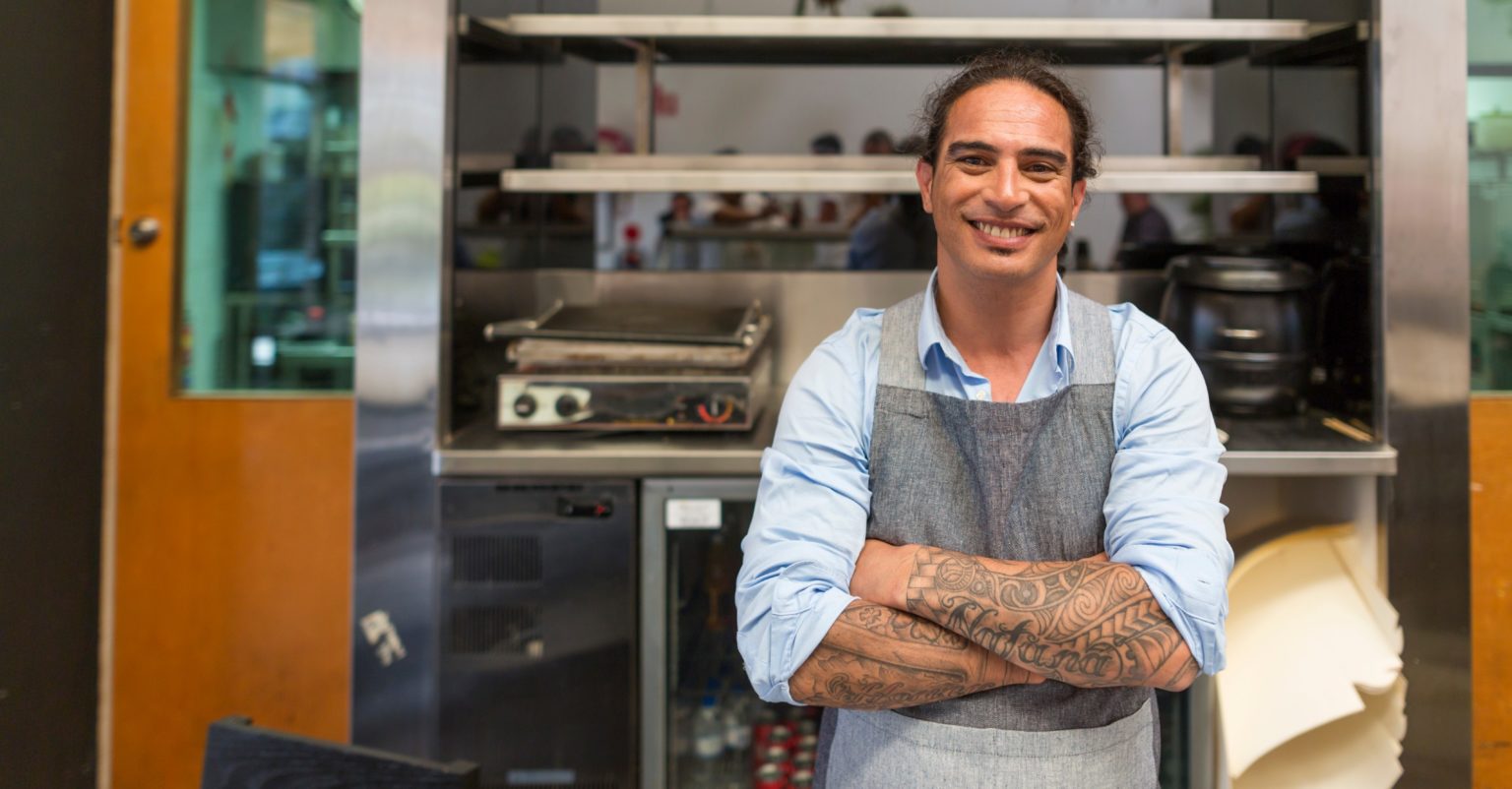In a bid to keep their businesses thriving, some Kiwi small business owners are pursuing localisation strategies to succeed on local resources alone. They’re zeroing in on local talent, re-thinking supply chains and manufacturing processes, and targeting their marketing to attract local customers.
At a glance
Here’s a snapshot of the advice from our interviewees:
- Set up special events and offers to attract local customers – and get out into the community to promote them.
- Review your supply chain and make sure it's not overly reliant on one country.
- Focus on local talent in the absence of many international workers.
Renowned New Zealand vineyard and restaurant Mudbrick usually counts on international tourists for 45% of its revenue – a figure that dropped to just 2% in October 2020 as a result of COVID-19.
Located on Waiheke Island, the business mitigated its losses in 2020 thanks to a quick switch to focusing on locals who wanted to spoil themselves after being stuck in lockdown.
“The domestic business has just picked up and we are sometimes doing better numbers overall than last year during winter,” says Mudbrick owner, Nick Jones.
Mudbrick has been proactive with its localisation strategy. It launched a 1920s-style cocktail lounge on Friday nights to offset wedding function cancellations and has offered new, luxury accommodation packages for locals in the absence of international cruise ship passengers.
For the cocktail evening promotion, Mudbrick created calling cards, went out into the community and handed them out to local businesses, regular guests and ferry passengers on the Auckland service.
“This strategy did take a lot of time and effort in regard to networking with our target audience, creating all of the promotional materials in-house and distributing them each week. But it worked!” Jones says.
“Our guests felt like they were part of something really special and the creative cocktails were featured organically on many locally influential social media pages. The word really spread.”
To promote the accommodation packages, Mudbrick relied on email to re-engage former guests or diners, while social media advertising campaigns targeted a broader clientele.
“With support from regional tourism bodies and the national ‘Do something new’ campaign complementing our in-house promotions, we saw a great uptake.”
Jones is also thinking ahead, planning to take advantage of Mudbrick’s harbour views and promote itself as “an America’s Cup place to be” when the famous yacht race is held in early 2021.
Be strategic about your business model
In the wake of the pandemic, pressure has been on New Zealand businesses to better utilise local markets and resources.
Adam Davy, a consultant at BDO New Zealand, says in addition to making a business and its brand attractive to locals now, owners should embrace changes that could have positive flow-on effects once the COVID-19 threat has passed.
“The businesses that will prosper will be agile, well-capitalised and manage their cash flow,” he says.
What else can small business owners do? Davy advises concentrating on business efficiencies through avenues such as payroll and accounting software, using smart digital and cloud technology to create cost savings, and maximising the skills of staff rather than simply cutting them in a quest for short-term budget benefits.
“Sometimes when you’re busy you don’t make that much more money because you’re not necessarily efficient. You need to work on that now.”
With marketing, Davy says social media is a low-cost way for many small businesses to promote their products and services. He recommends making sure the business’s website is SEO-friendly, and has the capacity to manage online sales and respond to customer queries.
Rethink your supply chain
Given the pandemic’s impact on international trade, some New Zealand businesses that rely on goods produced offshore are being impacted.
Davy believes it’s a logical time to review supply chains and avoid over-dependency on a particular country or region.
“The domestic business has just picked up and we are sometimes doing better numbers overall than last year during winter.” – Nick Jones, Owner of Mudbrick
With many New Zealand businesses switching from just-in-time stock control (where they don’t store any buffer stock) to a centralised warehouse approach (where stock is kept in a single location), Davy says there is a risk that freight deliveries to outlying areas will be slower than those of international online retailers.
“So, basically, there is a need to sharpen up or lose out,” Davy says. “People want and expect things now.”
In line with supply chain management, Davy says it’s important to minimise foreign exchange risk, either by billing in US dollars (which has a fixed exchange rate) or in local currency, rather than in another foreign currency.
“And for the bigger deals, a hedge contract (to offset the risk of any adverse price movements) will provide certainty.”
Hire keen locals
As New Zealand businesses seek to rebound from COVID-19, they might be relying more on local talent to drive growth in the absence of many international workers. Hiring local talent is also a great way to help boost New Zealand’s economy.
At Mudbrick, foreign staff typically make up about 70% of the workforce, but that’s obviously not been the case this year.
Jones says Government initiatives to extend working holiday visas have helped, while Mudbrick’s offer of on-site accommodation for staff on the island has enticed more locals to apply for vacant positions.
Estimating that Mudbrick’s overall revenue for the year will come in at around 70% of what they’d expect in normal times, Jones is keen for borders to be reopened with Australia and other countries in 2021.
In the meantime, he will do whatever it takes to woo the locals. This includes the aforementioned cocktail nights, which Jones says show how some left-field thinking can make a difference.
“They’ve sold out every Friday night and attracted the local Waiheke islanders, which isn’t normally our key market.”
Looking to localise your supply chain? Or bring some keen locals onto the books? Then a Prospa Small Business Loan could be the cash boost you need to make 2021 your best year yet.




